Well, here we are in a timeline where the world is extremely fast-paced and digital-centric. As parents, finding ways to engage your children in educational and entertaining activities is more important than ever. You might often wonder how to merge the educational and fun aspects for your kids.
If you're as curious as I am, welcome to the world of kid's brain games. These brain games offer a fantastic opportunity to develop cognitive skills, enhance problem-solving abilities, and improve overall IQ.
Let's explore some of the best mind games for kids that promise to boost learning and development. Join me in discovering the benefits and specific brain games that can significantly aid your child's growth and development.
Table of Contents
- Why Brain Games Are Important for Kids
- Top 11 Brain Games for Kids
- 1. Rubik’s Cube
- 2. Jigsaw Puzzles
- 3. Chess
- 4. Checkers
- 5. Sudoku
- 6. Memory Match
- 7. Dice Games
- 8. Snake Puzzle
- 9. Mirror Cube
- 10. Tangrams
- 11. Boggle
- How to Integrate Brain Games into Daily Routine
- Tips for Parents to Make Brain Games a Regular Part of the Child’s Routine
- Suggestions for Balancing Screen Time and Physical Brain Games
- Encouraging Collaborative Play with Family and Friends
- Conclusion
Why Brain Games Are Important for Kids
Brain games are like workouts for the mind, making them essential for kids' growth. They challenge the brain, encouraging it to form new neural connections and strengthen existing ones. These games enhance various cognitive functions such as memory, concentration, and logical thinking.
Cognitive Development
Children's brains are like sponges, especially in their early years. Engaging in brain games can significantly boost kids' cognitive development. These games require children to think critically and solve problems, which helps in the formation of new neural pathways.
Emotional and Social Benefits
Brain games also offer significant emotional and social benefits. They can improve children's emotional well-being by boosting their confidence and self-esteem. Successfully completing a challenging puzzle or winning a strategy game can give children a sense of accomplishment and pride.
Academic Advantages
Incorporating brain games into a child's routine can lead to academic improvements. These games often involve skills directly applicable to school subjects, like learning new words in fun and engaging ways.
Focus and Attention
Brain games can also foster creativity and innovation. Games that require children to think outside the box, such as jigsaw puzzles or the Mirror Cube, stimulate creative thinking. This ability to innovate and think creatively is essential in today’s rapidly changing world.
Focus and Attention
Focus games for kids, such as chess and Sudoku, help improve attention span and reduce distractions. In a world filled with constant stimuli, the ability to focus on a task is invaluable.
Top 11 Brain Games for Kids
1. Rubik’s Cube
Now, we all heard about the Rubik’s Cube, a timeless classic that continues to captivate both children and adults. Invented in 1974, this colorful puzzle requires players to align all the colored stickers on each face of the cube. It’s an excellent tool for enhancing spatial awareness, logical reasoning, and patience.

Since we are here to boost kids' learning skills, meet the GoCube - a smart Rubik's cube with an electronic Bluetooth-enabled version that takes the traditional Rubik’s Cube to the next level by integrating it with an app for interactive lessons and real-time progress tracking.
Recommended age: 8+
For even younger children, there’s an option like the GoCube 2x2, a smaller, more manageable version of the GoCube, which makes it perfect for younger or beginners. It’s equipped with smart technology that connects to an app, providing tutorials and interactive play.
The smaller size and simplified structure of the GoCube 2x2 make it easier for younger children to manipulate and solve. The tactile feedback and colorful lights integrated into the cube make solving more enjoyable and aid in understanding the mechanics of cube manipulation.
Recommended age: 6+
2. Jigsaw Puzzles
Jigsaw puzzles are perfect for developing spatial awareness and fine motor skills. These puzzles require children to piece together fragmented images, fostering patience and problem-solving abilities.
They come in various themes and difficulty levels, making them suitable for kids of all ages.
Recommended age: 3+
3. Chess

Chess is one of the oldest and most revered strategy games in the world. It teaches children planning, foresight, and decision-making skills. Kids develop critical thinking and problem-solving abilities by maneuvering pieces and anticipating opponents' moves.
The GoChess is a revolutionary smart chessboard that offers an interactive and educational experience. With features like tutorials, real-time tracking, and the ability to play against friends or AI, it’s perfect for both beginners and advanced players.
One of the standout features of the GoChess is its comprehensive tutorial system. Children can follow step-by-step lessons that guide them through the basics of chess, including the movements of each piece, fundamental strategies, and common openings.
Recommended age: 6+
4. Checkers
Checkers is a simpler alternative to chess, yet it offers significant cognitive benefits. It helps children understand strategic thinking and improve their ability to plan ahead. This game is ideal for younger kids who are just starting to explore strategy games.
Recommended age: 5+
5. Sudoku
Sudoku is a number puzzle game that challenges players to fill a grid with digits so that each column, row, and subgrid contains all the numbers from 1 to 9. It enhances concentration, memory, and logical thinking. Sudoku puzzles come in various difficulty levels, making them suitable for different age groups.
Recommended age: 7+
6. Memory Match
Memory Match, also known as Concentration, is a card game where players must find matching pairs by flipping cards over two at a time. It’s excellent for enhancing memory, attention to detail, and visual recognition skills.
Recommended age: 4+
7. Dice Games

Dice games enhance strategic thinking, turn-taking, and social interaction, fostering cognitive and social development.
GoDice, the world's first connected and smart dice set, offers over 20 free in-app games suitable for both kids and the elderly. These include a variety of board, educational, and party games such as Yatzy, Farkle, and Ludo and more.
Recommended age: 8+
Additionally, Particula introduces GoDice D20 Connected, the world's first connected polyhedral dice, perfect for online RPG play. It seamlessly integrates with platforms like Roll20, Foundry VTT, and Discord, providing real-time calculations and an engaging physical-digital hybrid experience.
Recommended age: 12+
8. Snake Puzzle
The Snake Puzzle consists of twistable blocks that can form different shapes and patterns. It fosters creativity, spatial reasoning, and fine motor skills. Kids can explore various configurations, promoting imagination and experimentation.
Recommended age: 4+
9. Mirror Cube
The Mirror Cube is a variant of the Rubik's Cube that relies on size differences instead of colors. It offers an added challenge for puzzle enthusiasts and helps in developing spatial awareness and problem-solving skills.
Recommended age: 10+
10. Tangrams
An ancient Chinese puzzle consisting of seven geometric pieces that can be arranged to form various shapes. Tangrams improve spatial awareness, geometry skills, and problem-solving abilities as kids recreate specific shapes or invent their own.
Recommended age: 5+
11. Boggle
A fast-paced word search game that challenges players to find as many words as possible within a grid of letters before the timer runs out. Boggle enhances vocabulary, spelling, and quick-thinking skills, making it a fun and educational game for kids.
Recommended age: 8+
How to Integrate Brain Games into Daily Routine
Integrating brain games into kids' daily routines can be a fun and effective way to boost their cognitive abilities.
Dedicating just a few minutes each day to puzzles, memory challenges, or logic games can enhance your mental agility and keep your mind sharp. Here are some simple tips to seamlessly incorporate brain games into your everyday life.
Tips for Parents to Make Brain Games a Regular Part of the Child’s Routine
- Set a Schedule: Designate a specific time each day for brain games. Whether it's before dinner or during a quiet afternoon, consistency helps make it a habit.
- Create a Dedicated Space: Set up a quiet, comfortable area in your home where kids can focus on their brain games without distractions.
- Encourage a Variety of Games: Rotate different games to keep things interesting and to develop various cognitive skills.
Suggestions for Balancing Screen Time and Physical Brain Games

Encouraging Collaborative Play with Family and Friends
- Family Game Nights: Dedicate one night a week to playing brain games as a family. This fosters bonding and healthy competition.
- Invite Friends Over: Encourage your children to invite friends for playdates centered around fun brain games. This not only enhances social skills but also makes learning enjoyable.
- Use Connected Games: Products like the GoCube and GoChess allow for real-time play and battles with friends and players around the world, promoting social interaction even from a distance.
Conclusion
Incorporating brain games into your child's routine is an excellent way to boost their cognitive development and problem-solving skills while having fun. From classic puzzles like chess to innovative smart products like GoCube and GoDice, there are plenty of options to keep young minds engaged.
As a parent, you have the power to balance screen time with physical brain games and encourage collaborative play, creating a stimulating and supportive learning environment. I encourage you to explore the world of brain games for kids and watch your child’s intellect and confidence soar! Let's embark on this exciting journey together and see the incredible benefits these games can bring to your child's development.



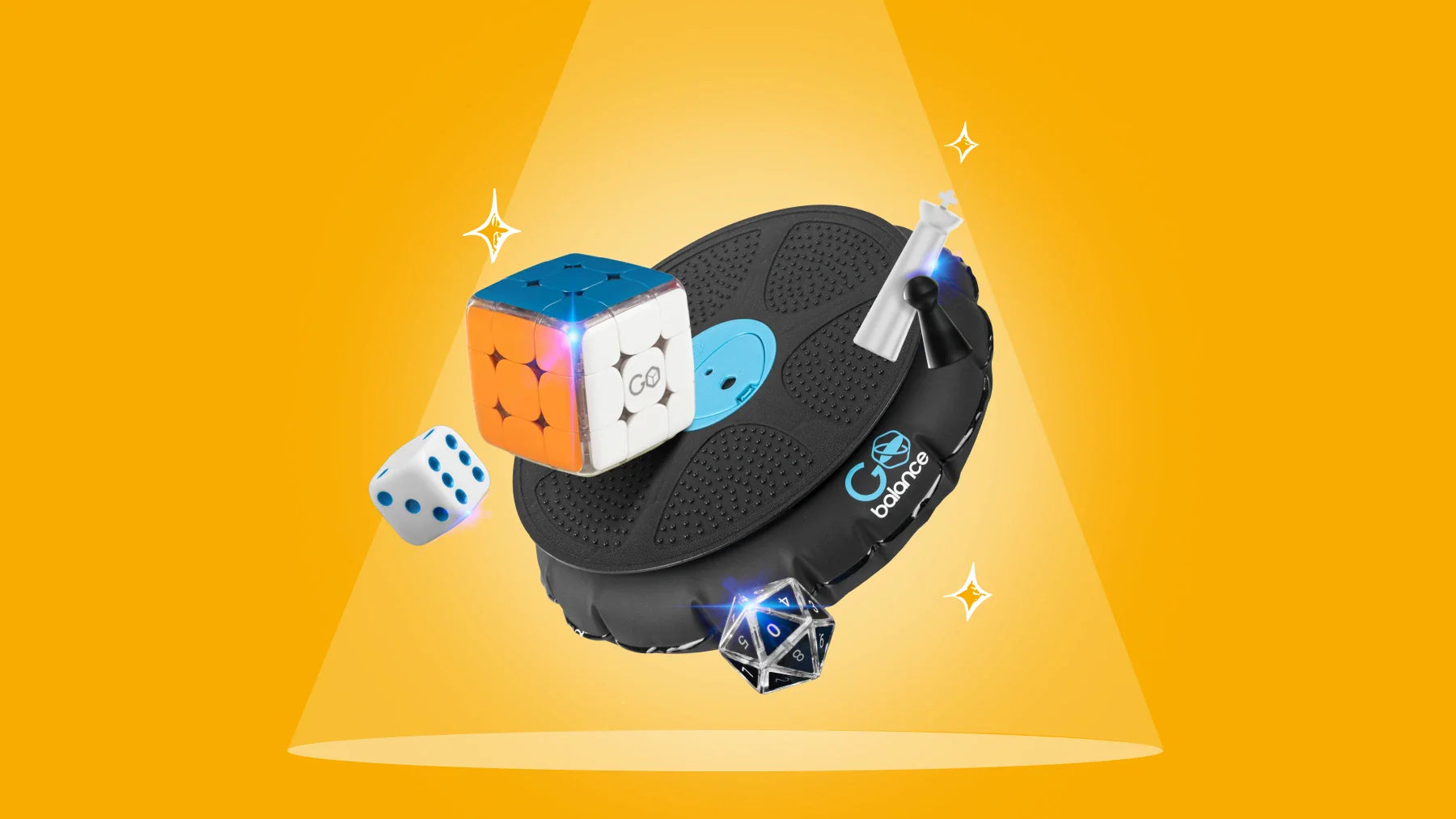


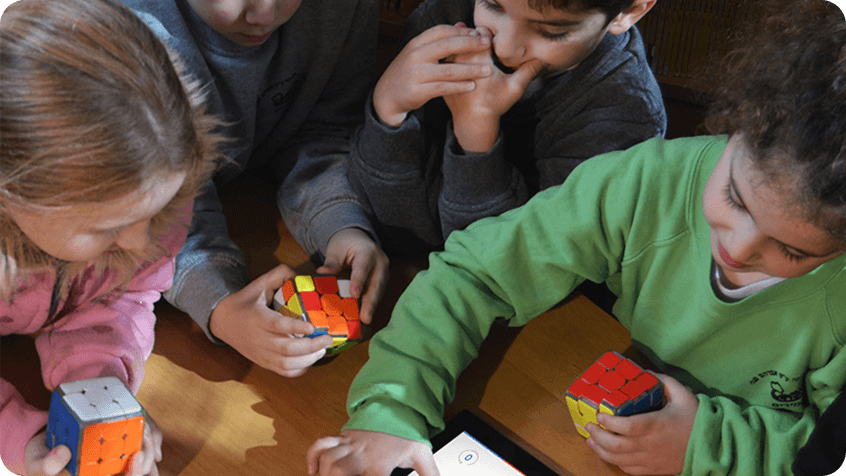
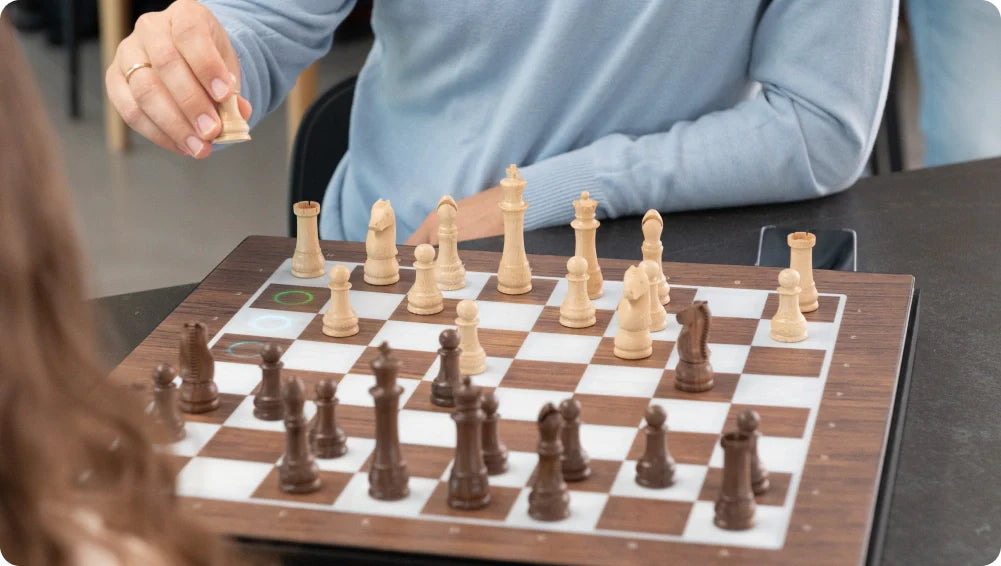

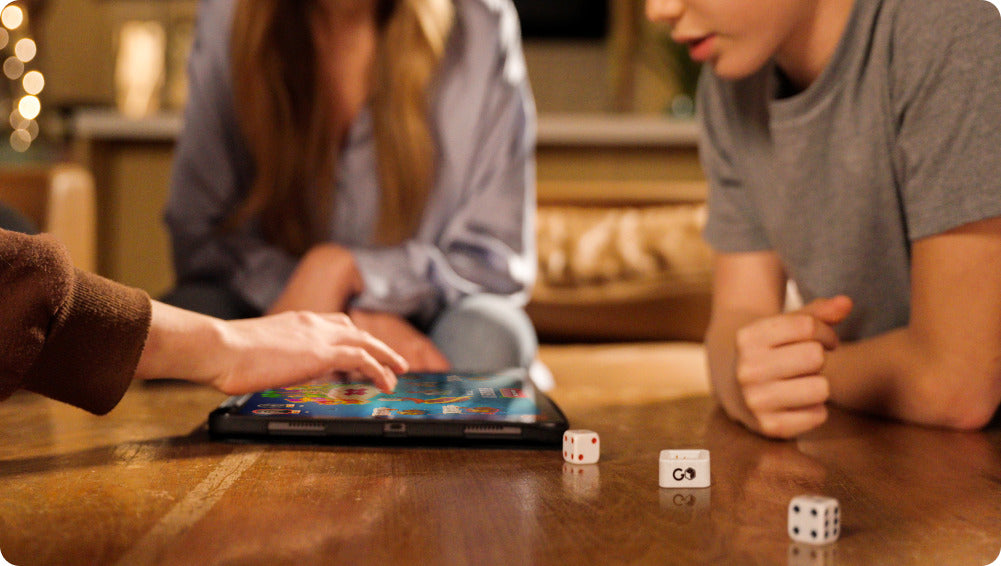



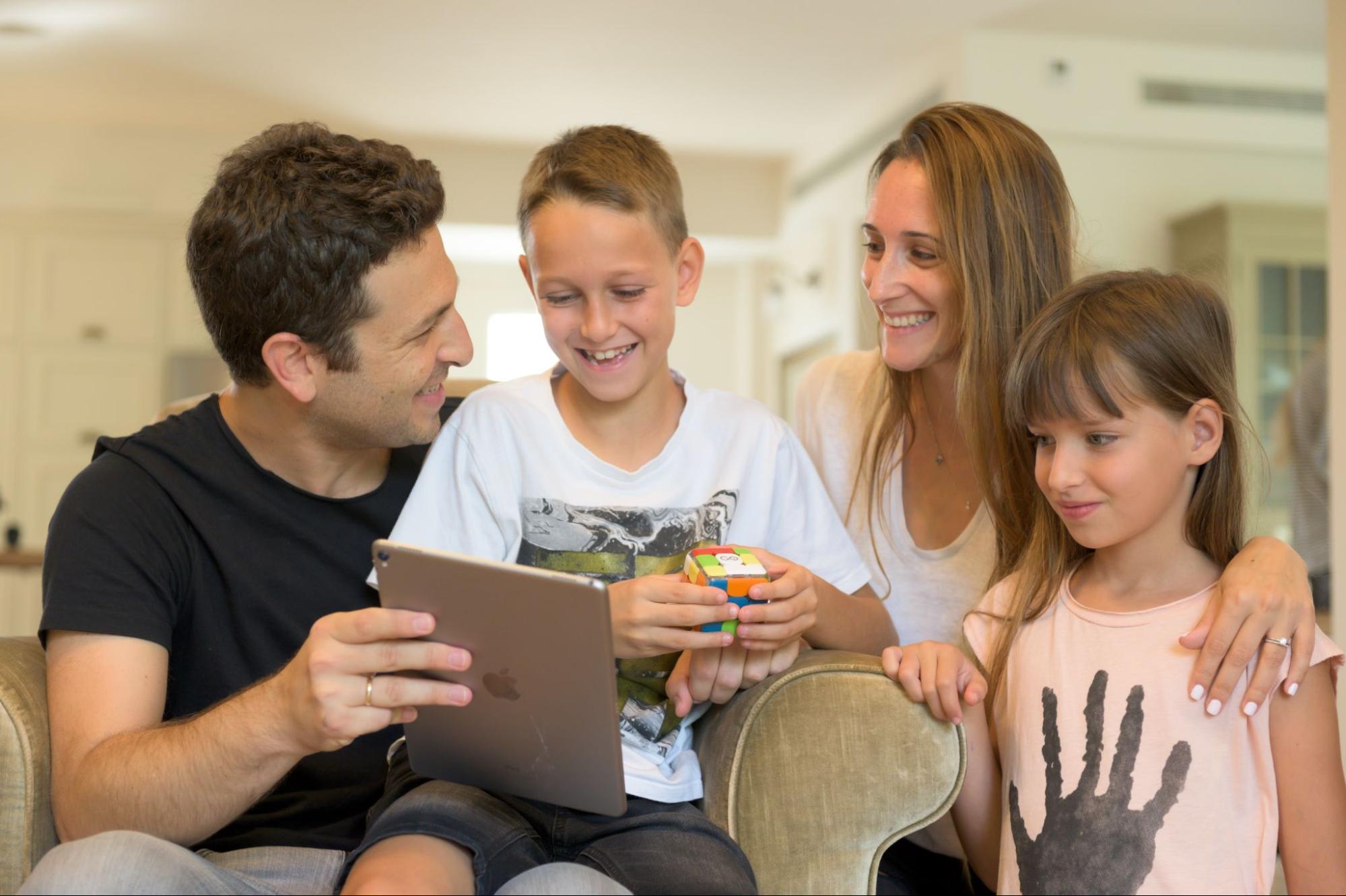
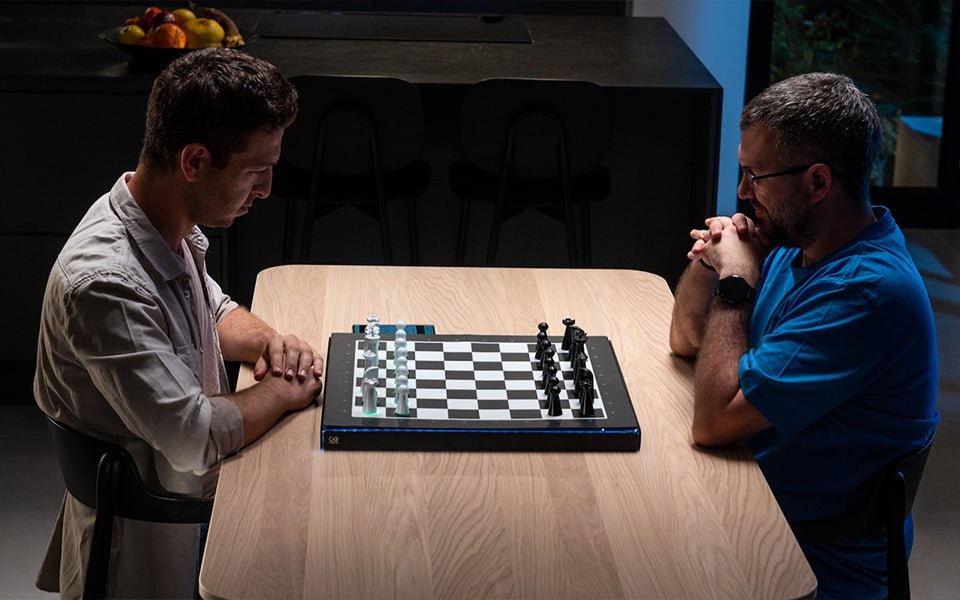
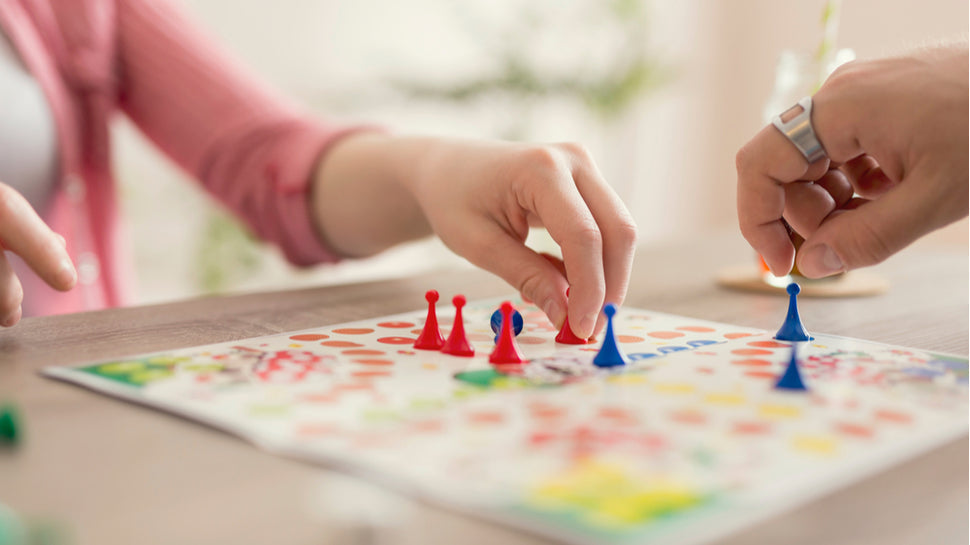
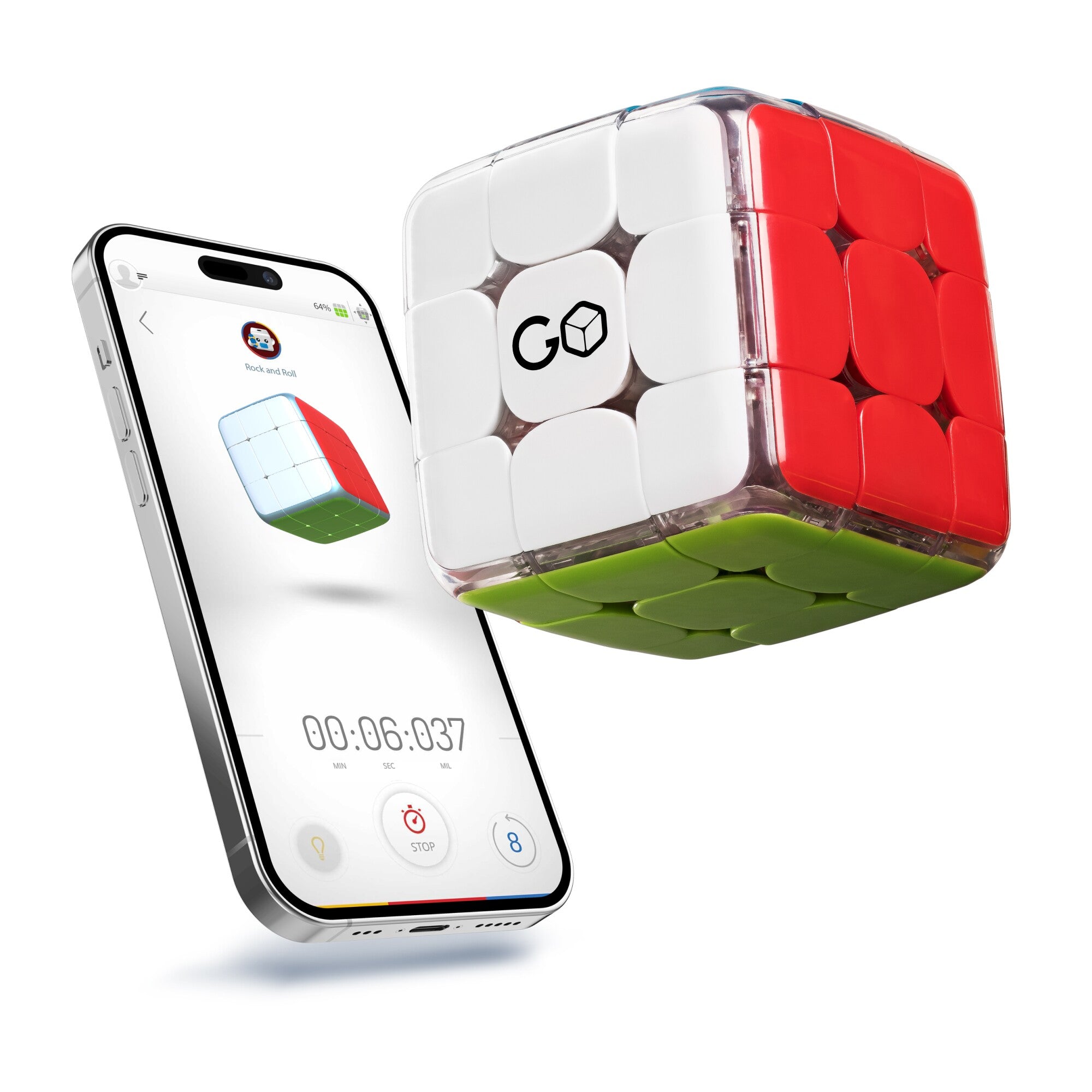
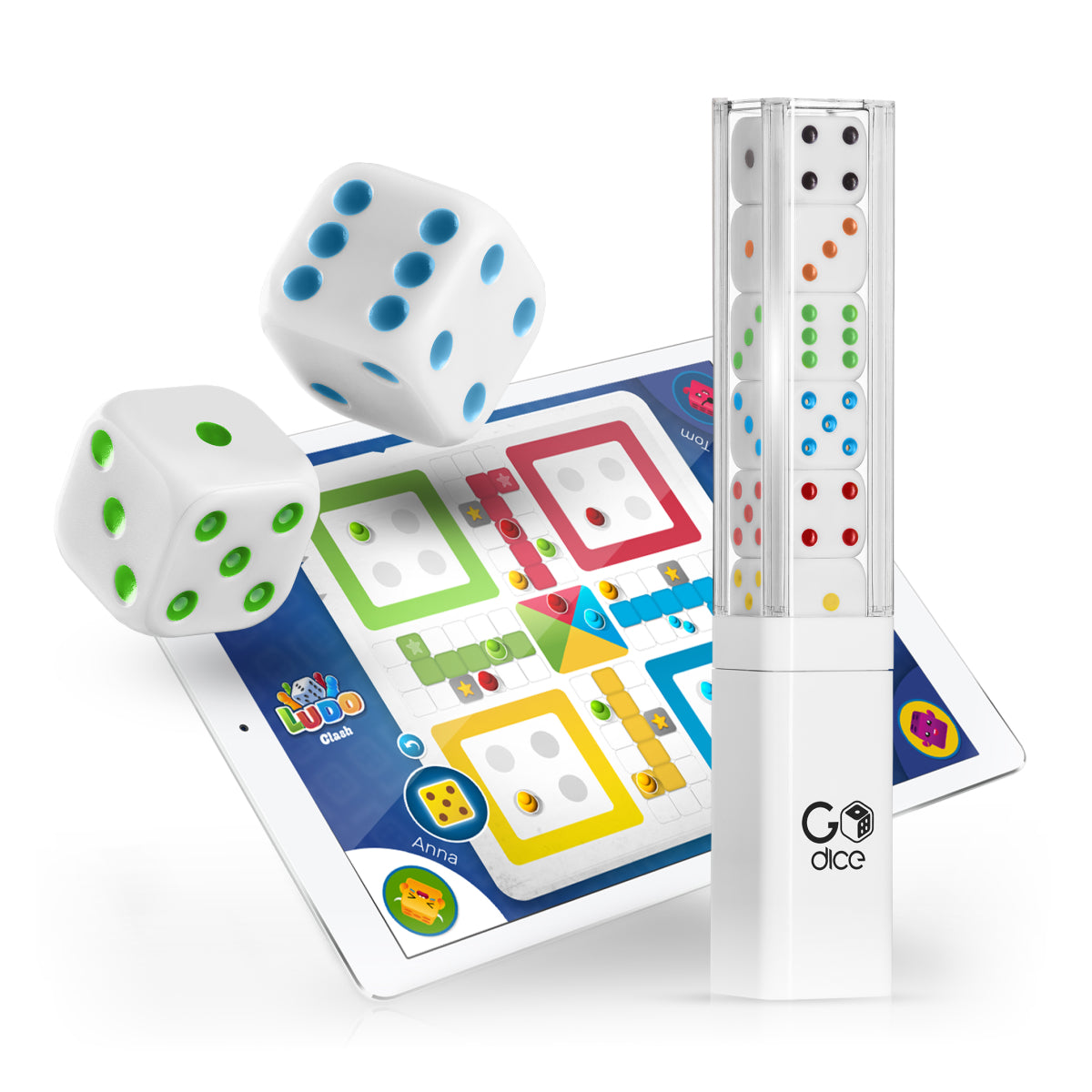
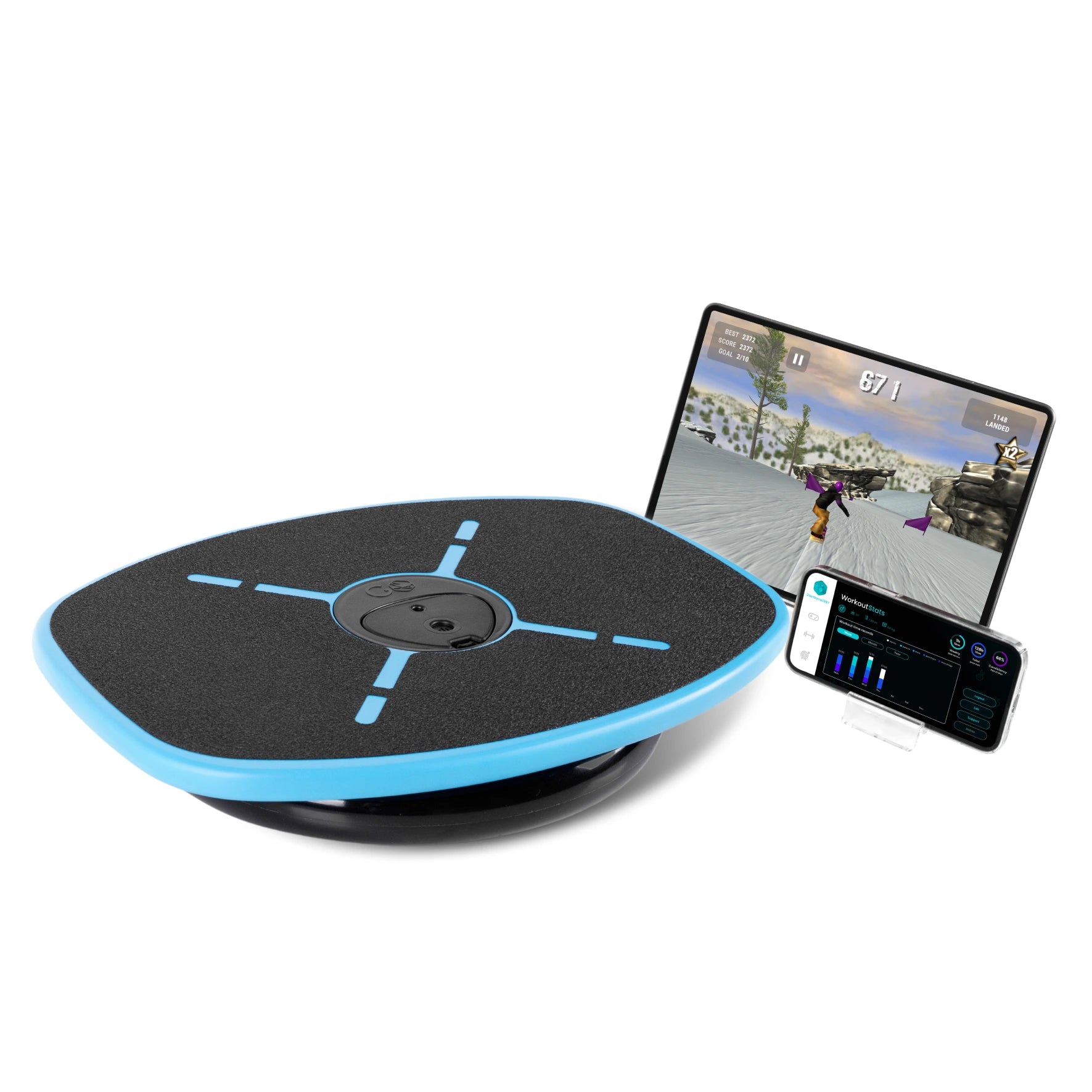
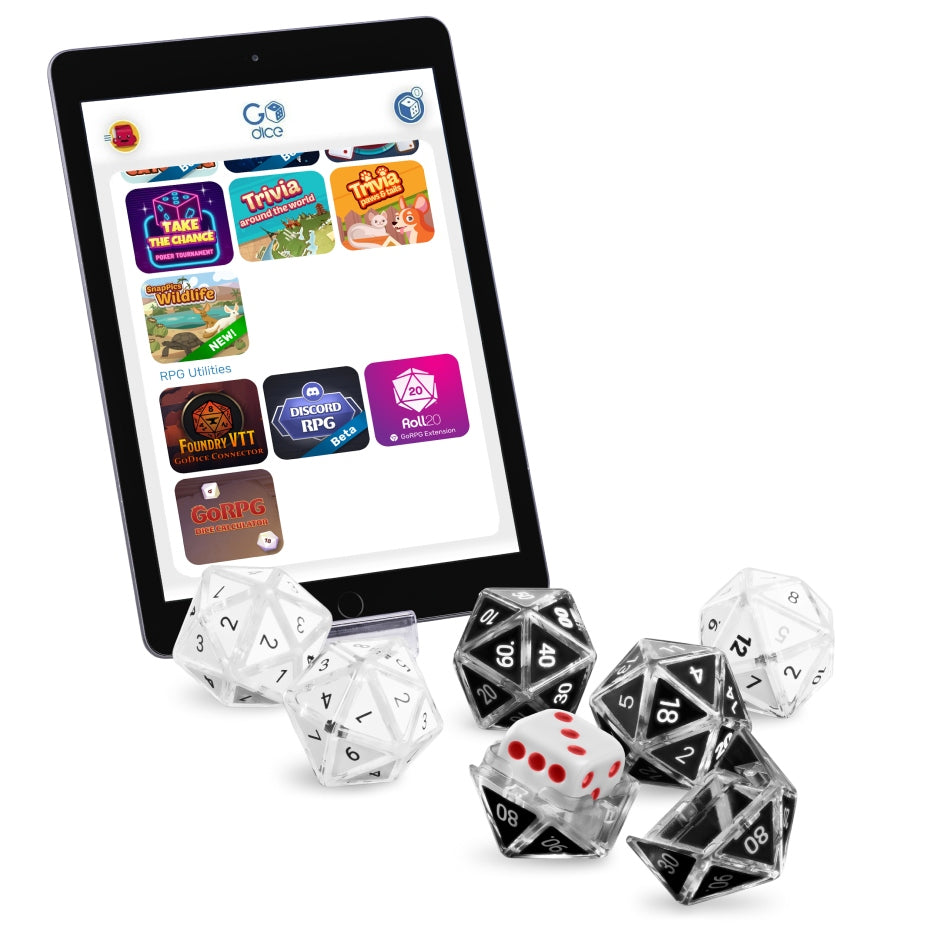
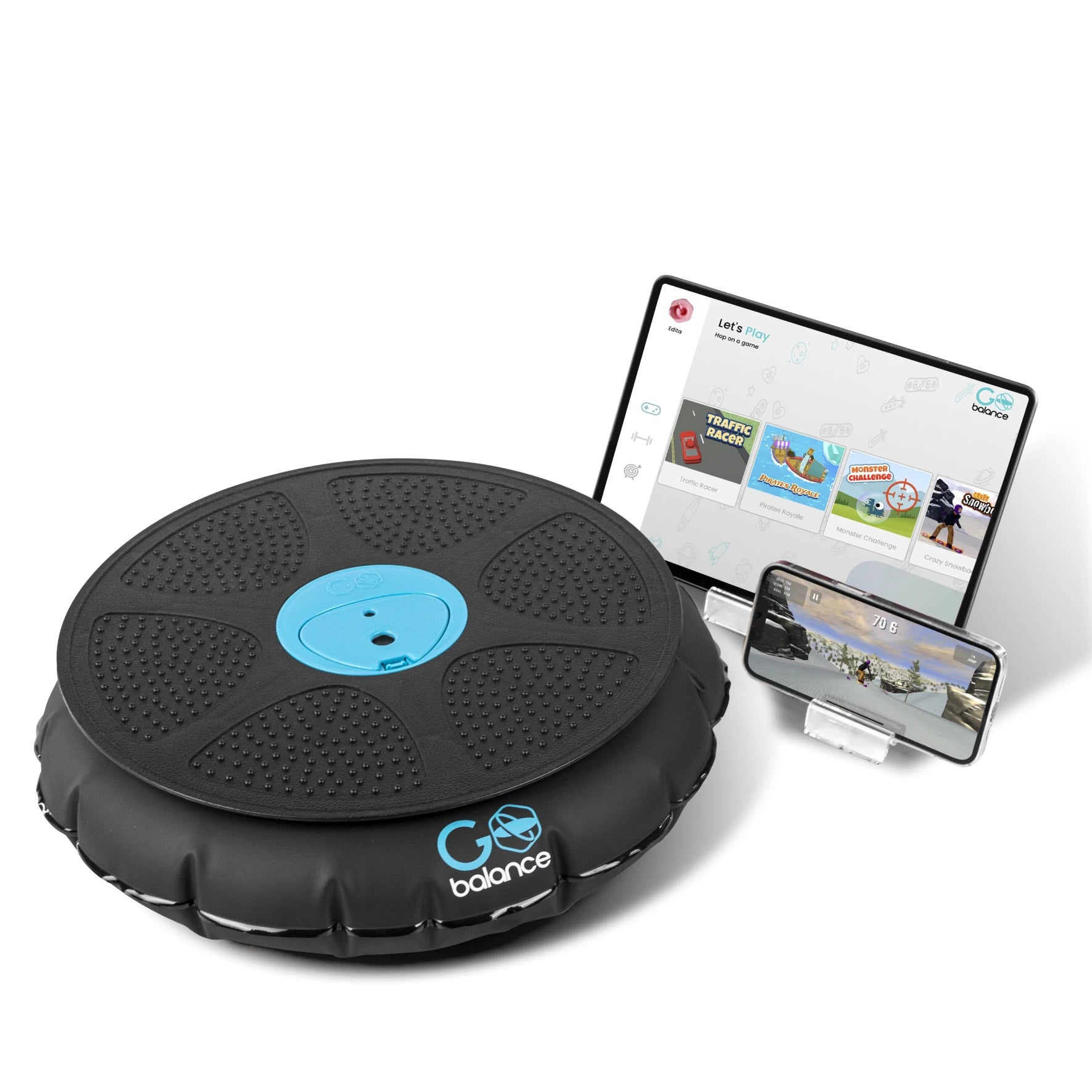
1 comment
A veery helpful article! love the idea of integrating brain games to child’s everyday life))